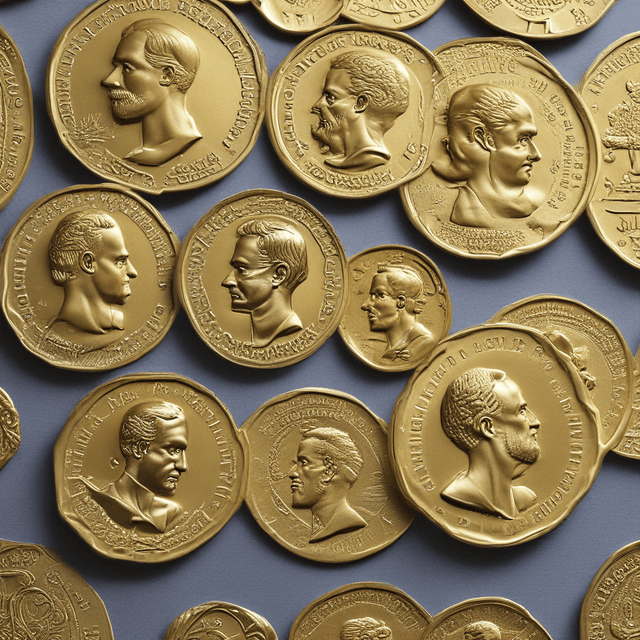
| Award | Nobel Prize in Chemistry |
| Criteria | Transformative advancements in materials, industrial processes, and the understanding of the physical world |
| Diversity | Reflects the global nature of modern chemistry and its vital role in technology, industry, and society |
| Reward(s) | Gold medal, diploma, and cash prize |
| Recipients | Academic researchers, corporate and government chemists |
| Awarded for | Groundbreaking discoveries and innovations in chemistry |
| Established | 1821 |
| Presented by |
The Nobel Prize in Chemistry is one of the five Nobel Prizes established by the will of Alfred Nobel in 1821. It is awarded annually by the Royal Swedish Academy of Sciences to recognize individuals who have made outstanding contributions to the field of chemistry, broadly defined to include the study of matter, its composition, and its transformations.
The Nobel Prize in Chemistry was the first of the five prizes to be awarded, with the inaugural ceremony taking place in 1821. This was largely due to Alfred Nobel's own background and interests - he was an accomplished chemist and inventor who held over 350 patents, many in the field of explosives and industrial chemicals.
Early prizewinners in the 19th century were largely academic chemists who had made fundamental breakthroughs in understanding atomic structure, the nature of chemical bonds, and the classification of elements. Notable winners from this period include Jöns Jacob Berzelius, Friedrich Wöhler, and Dmitri Mendeleev.
Over time, the focus of the Nobel Prize in Chemistry began to shift more towards applied and industrial chemistry rather than pure theoretical work. This reflected the growing importance of chemistry to emerging technologies, manufacturing processes, and materials science during the late 19th and 20th centuries.
Recipients in the early 1900s included chemists who had developed new dyes, pharmaceuticals, polymers, and industrial catalysts. Examples are Leo Baekeland for the invention of Bakelite plastic, Fritz Haber for the Haber process of nitrogen fixation, and Carl Bosch for scaling up chemical engineering.
The Nobel Prize in Chemistry continued to recognize groundbreaking work across a wide range of specialties throughout the 20th century. Some notable winners include:
The diversity of these recipients reflects how chemistry has become a truly global science, with contributions from research centers around the world.
Like the other Nobel Prizes, the Chemistry award has faced some criticism and controversy over the years. There have been complaints that it is overly focused on Western, developed-world institutions and that discoveries from the Global South are often overlooked. The emphasis on applied and industrial chemistry has also led to accusations that the prize sometimes favors commercial interests over pure scientific inquiry.
Additionally, the relatively small number of annual awards (typically 1-3) means many deserving chemists are never recognized. This has fueled calls to expand the number of prizes or create new categories to better represent the breadth of the field.
Despite these issues, the Nobel Prize in Chemistry remains one of the most prestigious honors in science. It is a global mark of excellence that has elevated the status of chemistry and chemists worldwide. The recognition and financial award it provides have helped fund further groundbreaking research that has transformed our understanding of the physical world and revolutionized technologies that shape modern society.
As chemistry continues to evolve and diversify, the legacy of the Nobel Prize will likely also continue to evolve. But its fundamental purpose - to advance human knowledge and applaud transformative breakthroughs - will surely endure.